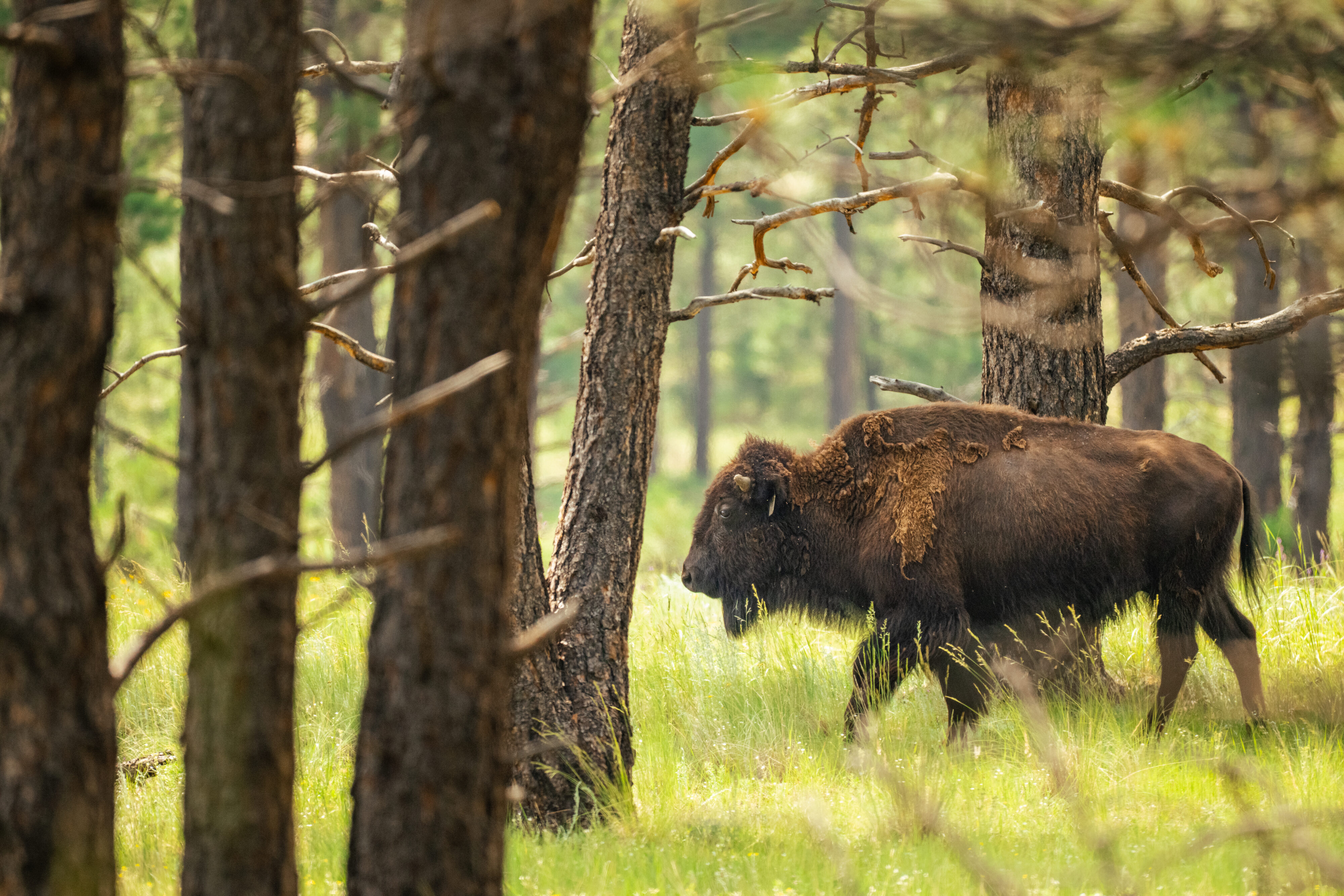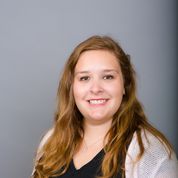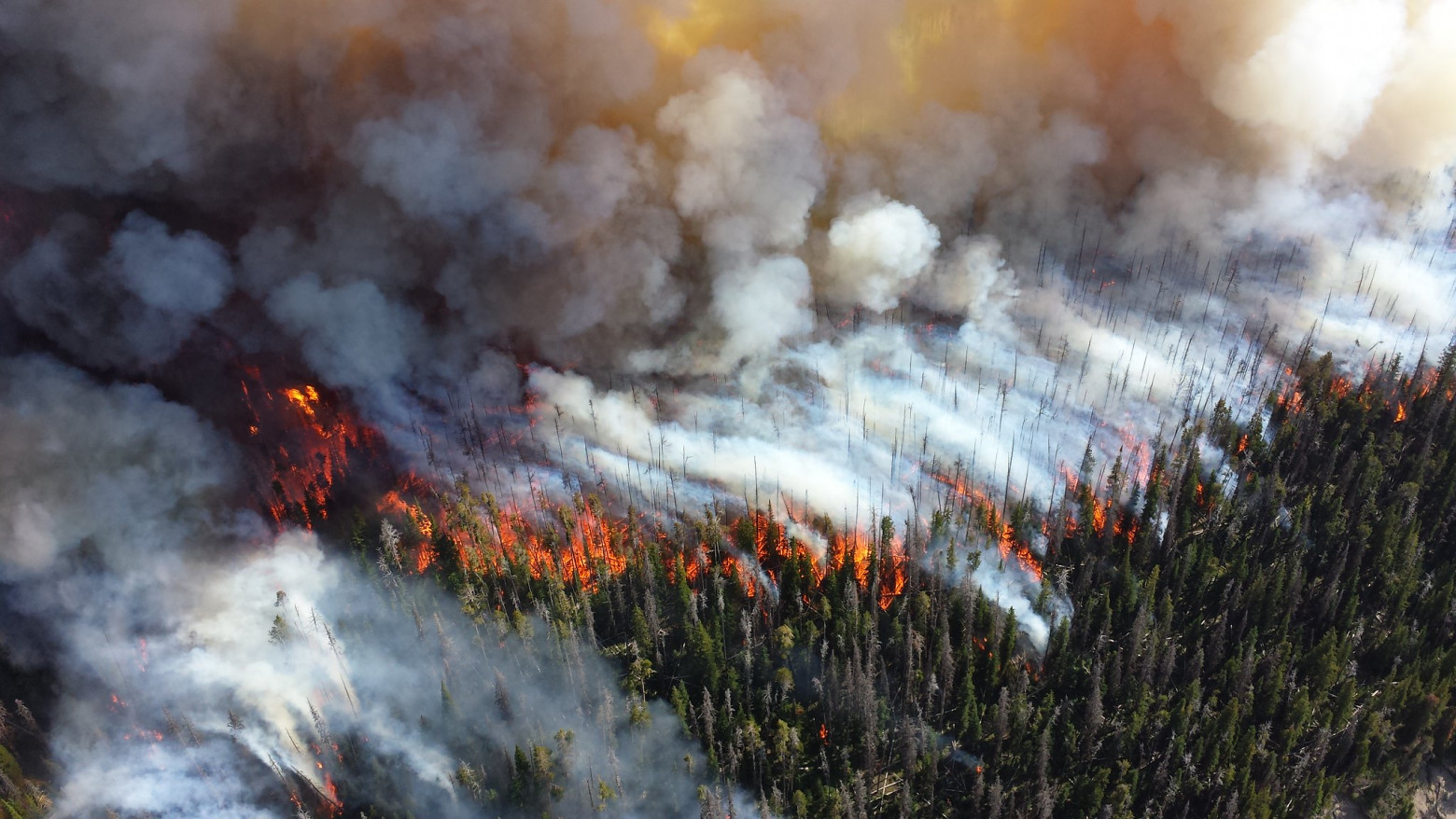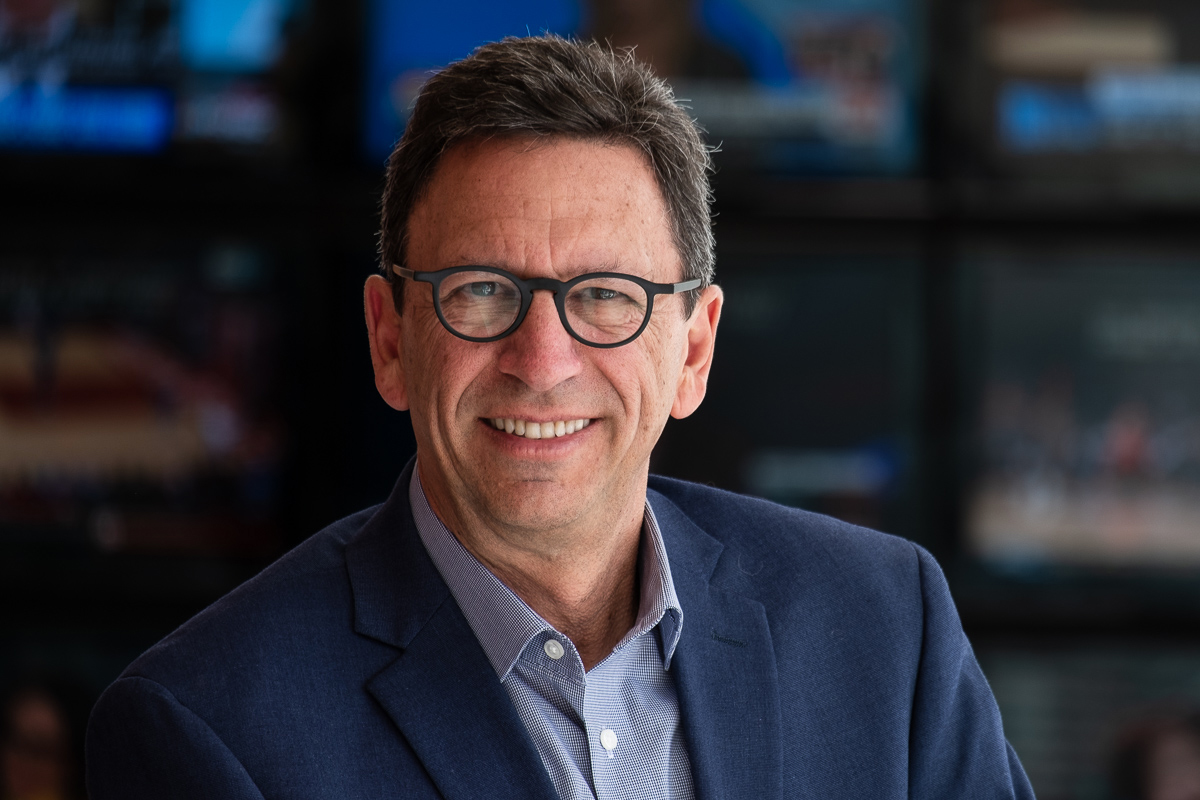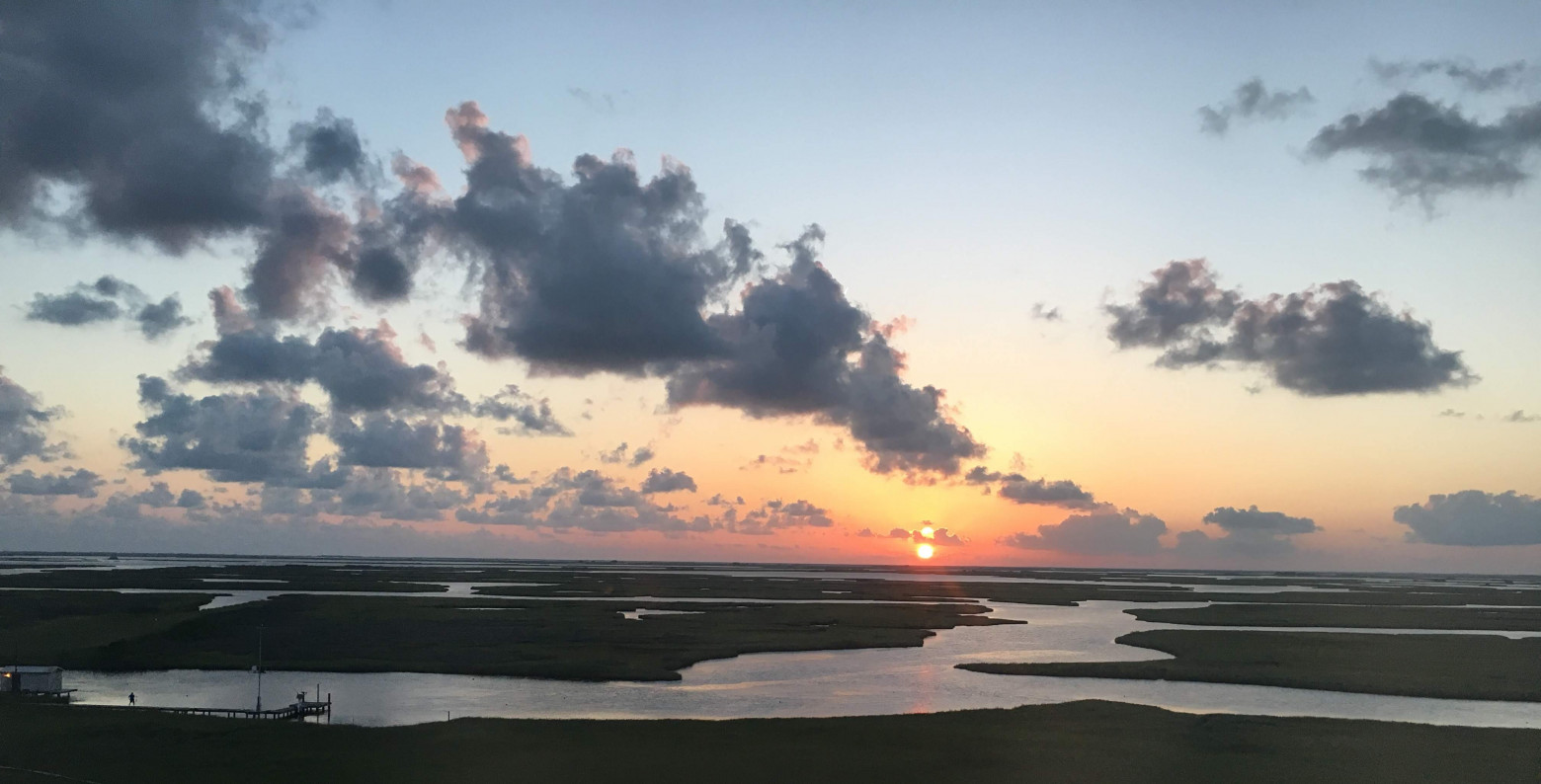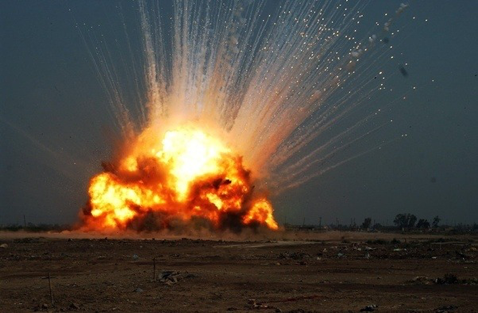
Chemical sound waves over radiation

Acoustic or infrasonic monitoring of chemical weapons is in use all over the world today, thanks in part to a research center at the University of Mississippi.
Instead of testing nuclear explosions, chemical explosions are being used in replacement to avoid exposing a severe amount of radiation.
Dr. Roger Waxler, a research associate professor of physical acoustics and astronomy, said, “Chemical sound wave research started in the 1950’s with Allan Pierce, a graduate of MIT in the physics department. Pierce got a job at Rand Corporation, were they produced signals that would go around the world a couple of times, but failed to understand what the signals meant at large distances.”
Currently, large blast signals are different compared to the blasts in the 1950’s, so the University of Mississippi’s National Center of Physical Acoustics created technology to gain more intelligence on chemical sound waves.
The National Center of Physical Acoustics had been using sensors to detect sound waves and signals until there was a new way. “Hank Bass a former colleague at the center, created a laboratory quality, high-end, infrasound microphone to have a better understanding on chemical sound waves, before passing away,” Waxler said.
The universities center has been working to further enhance their research with the technologies in use and any new upcoming technologies.
Waxler said, “The University of Mississippi’s center has installed stations in America within, Alaska, central Washington and southern California. They have also orphaned stations outside the country working with the British. Stations can be found in Antarctica, Palau and Diego Garcia, as well.”
NCPA is working with the countries all over the world to retain more information on seismic signals, making them global.
He also explains, “The maintenance and operation of these stations have been given over to University of Alaska, but NCPA has continued to maintain the research.”
The focused research extends off the work Allan Pierce did, condensed to the smaller explosion, in effect today. “It involves mathematical modeling as well as finding large explosions to test models. In addition, the sensors needed to be converted to infrasound microphones that are able to respond to sub audible frequency and can sit out in the field under horrible conditions, and the sensors we developed satisfy that,” Waxler said.
In the sense of if a nuclear bomb were to blow up, Waxler said, “it is widely noted that we are going to know about it, and the world, as a whole, is going to do something about it.”
Not only do scientists and researchers have access to information about the location of the explosion, but they are able to receive a great amount of information on the sound waves and the impact the explosion would have.




